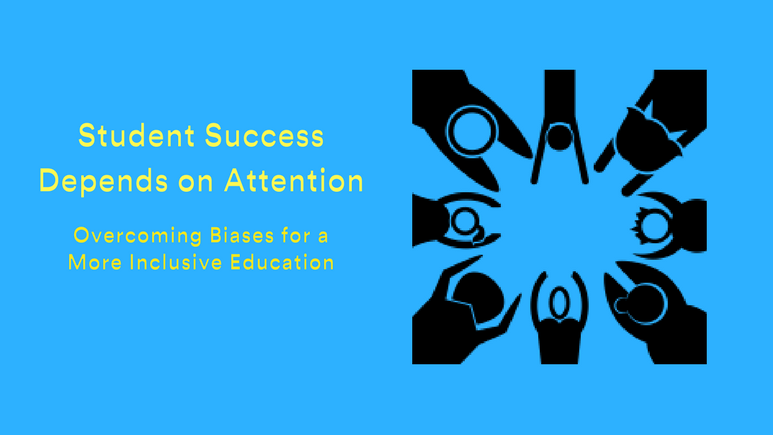
If you haven’t listened to Malcolm Gladwell’s podcast, Revisionist History, I highly recommend it.
In each episode, Gladwell explores an event or idea that historians have misunderstood.
Through interviews, data, and uncovered information, he retells a historical story that popular history got wrong.
In a recent episode, Gladwell explored an overlooked feature of school desegregation through the court case Brown vs. the Board of Education. (You can view the full transcript of the episode here.)
Shockingly, even though the case ended school segregation for students, it didn’t end segregation for teachers.
This had lasting effects on black students who began to attend schools where all of their teachers were white.
The outcome?
Black students with white teachers were less likely to be put in a gifted and talented class.
Additionally, black students with white teachers were more likely to be suspended and to drop out of school altogether.
In the podcast, Gladwell asks… was explicit racism at play here?
Not necessarily, but the findings do reveal some important ideas about the power that teachers play in student success and outcomes.
Unconscious Biases
Nearly all human beings have unconscious biases. These biases are based on everything from our personal histories, to our upbringing, to what we see in the media.
Even if we don’t openly acknowledge them or believe they are there, these biases exist.
As teachers, these unconscious biases might cause us to treat children differently based on preconceived notions we have about them.
Some teachers might be more likely to recommend boys participate in computer science club than girls.
Others might find themselves disciplining ESL students more than their English speaking peers.
As teachers, we need to fight against these biases that we might not even be aware of in order to provide the best possible education and build the best possible relationships with all of our students.
Giving Attention Where Attention Is Due
All of our students, regardless of race, gender, attitude, or aptitude deserve as much of our positive attention as we can muster.
Yes, obviously some students will engage in behaviors that require a consequence or a phone call home, but that isn’t reason to withhold encouragement from them when they need it.
One perk of using online educational programs is that since online programs cover most of the teaching, teachers can instead focus on being facilitators.
Use these moments that are less demanding of you instructionally to motivate and encourage students and in turn build positive relationships with them.
Be hyper-cognizant of which students in the room you are quick to check in with and which ones you might skip over.
Are there any students with whom almost all of your interactions are negative?
When and where in your day could you make a conscious effort to encourage said student?
Teachers hold power in being the gatekeepers.
Teachers decide which students they recommend for a science camp and which students end up in the principal’s office.
Small positive interactions with a teacher can change the trajectory of a student because teachers inspire.
As a teacher, work to be proactive about working in these positive interactions with all students regardless of what biases you may have.



Wow. I’m beginning to find that I treat some students differently than others. I didn’t notice this before.